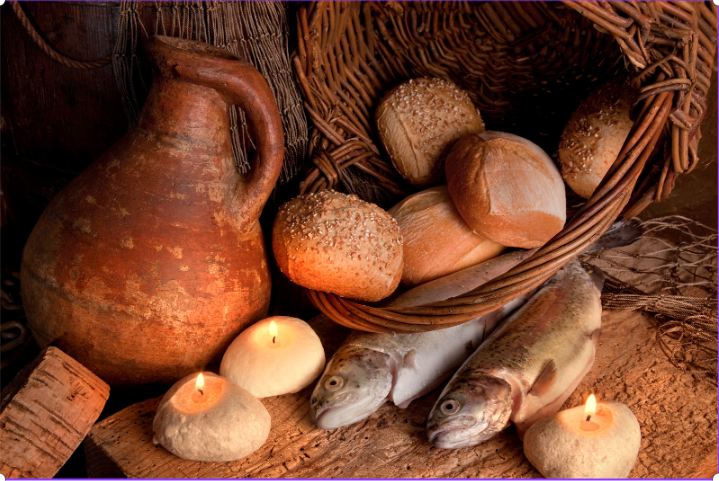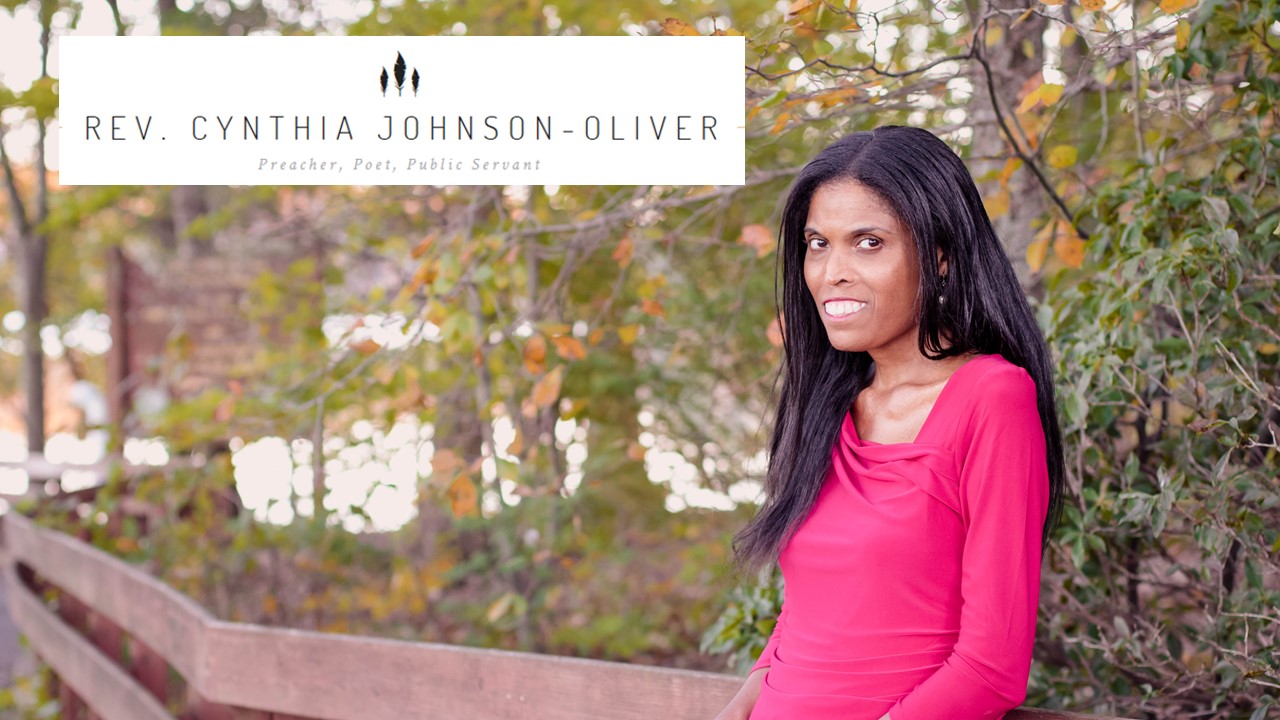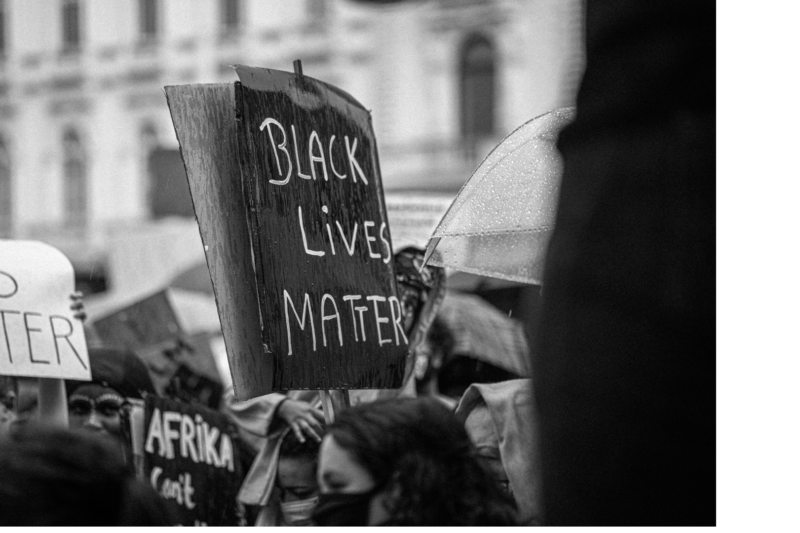[I had the privilege of serving as Online Chaplain at Forma Conference 2023 | Called to Covenant. Forma, a ministry of Lifelong Learning at Virginia Theological Seminary, is an ecumenical network of Christian formation professionals for the Episcopal Church and beyond. These short homilies were delivered at Online Morning Worship on January 18-19, 2023.]
26 He also said, “The kingdom of God is as if someone would scatter seed on the ground 27 and would sleep and rise night and day, and the seed would sprout and grow, he does not know how. 28 The earth produces of itself first the stalk, then the head, then the full grain in the head. 29 But when the grain is ripe, at once he goes in with his sickle because the harvest has come.”
30 He also said, “With what can we compare the kingdom of God, or what parable will we use for it? 31 It is like a mustard seed, which, when sown upon the ground, is the smallest of all the seeds on earth, 32 yet when it is sown it grows up and becomes the greatest of all shrubs and puts forth large branches, so that the birds of the air can make nests in its shade.”
Mark 4:26-32 NRSV
It takes quite a bit of time and effort to go from seed to bread. Today we continue in the fourth chapter of the Gospel of Mark on the theme of planting seeds.
The narrative structure of this Markan chapter begins with the parable of the sower, moves into a discussion of parables, then follows with an explanation of this parable. In today’s passage, there is a brief interlude of various sayings of Jesus (almost seemingly out of place) before Jesus returns to the sower, and concludes with the parable of the mustard seed.
Yesterday, we focused on the sower. We noted that she is a diligent, consistent, nonjudgmental sower. We discussed that the measure of her success is not in the size of the crop but in her power and willingness to plant seeds. We discussed that Christian formation is the ministry of planting seeds. But today, I want to talk less about sowing for others and discuss the seed that is planted within you. Are you nurturing a seed? Is there a dream or vision that you’ve planted but hasn’t come to fruition? Or perhaps a seed that you’ve wanted to plant but have not because it may not work or I’m too busy or… Today’s main point of reflection is this: as you sow seeds in others, don’t forget to nurture the seed within you. There are at least three points that we can draw from today’s text.
First, it takes time and effort to go from seed to bread. In today’s text, the sower scatters seed on the ground. But this time, she sleeps and rises night and day waiting for the seed to grow. She does not know how, but somehow, the earth produces of itself, first the stalk, then the head, then the full grain in the head. Then she harvests the grain. The text concludes the process there, but we know that she still doesn’t have bread. She must grind the grain to make meal, add ingredients to make dough, bake the dough in order to make bread. It takes time, it takes effort, but the reward is great and the bread can feed a multitude. If you’re nurturing a seed within yourself, the lesson in today’s text is to stick with it. Keep going. Somewhere between time and effort, mystery intervenes. We often don’t know how, but we do know that it comes to pass. Some scholars suggest that the sower is passive in the passage. She just sleeps and rises. But we know the effort it takes to plant seeds, nurture it, and prepare for harvest. Stick with it. Be willing to plant the seed and nurture it within you.

Second, great potential often has small beginnings. Jesus’ next parable compares the kingdom of God to a mustard seed, which is the smallest of all the seeds on earth; yet when it is sown it grows up and becomes the greatest of all shrubs, and puts forth large branches, so that birds can build nests. Jesus would know about small, humble beginnings – a babe born in a stable in Bethlehem to a young mom becomes the greatest Sower of all. The issue is that seeds are merely potential. Seeds have the potential to produce life, to produce fruit or grain. God only gives us potential. It’s up to us to nurture the seed.
Third and finally, you are called, even obligated to nurture your seed. I wonder why the Gospel writer places these several sayings of Jesus in this discourse about seeds. These sayings of Jesus were circulating during early Christianity. Jesus queries whether a lamp should be put under the bushel basket and not on the lampstand. He exhorts that anything hidden will be exposed; anything secret will come to light. He warns that the measure you give will be the measure you get, and still more will be given you. We’re familiar with the encouragement to place the light on the lampstand. Matthew places it in the sermon on the mount. But in this text, we see that what the lampstand, the grain, and the seed all have in common is the ability to reach many. Light on the lampstand travels at the speed of light and shines for all to see. A single grain, when sown, can make bread to feed five thousand, and a mustard seed though miniscule, produces a vast, sometimes even uncontrollable plant. We nurture our seed because, though small, we never know the impact it may have.
At the beginning of chapter 3, Jesus preaches in the Synagogue. By chapter 4, Jesus is preaching to crowds gathered by the sea. Scholars have suggested that in the synagogue, Jesus interacted with religious leaders, social elite — the high church folks in modern terms. But by the sea, Jesus reached the people we would call the unchurched – fishermen, laborers, women, the poor, the afflicted, the sinners. His willingness to step out of the synagogue and go by the sea spread his message throughout Galilee.
You never know the impact of that seed growing within you. Dr. King, who we recently celebrated, planted seeds of racial equality, love, and justice. He never envisioned a Barack Obama, but he still nurtured that seed. Pauli Murray, an Episcopal woman priest and fellow Yale Law graduate, was an important advocate for civil rights and gender equality. She never dreamed of a Bishop Michael Curry or a Kamala Harris. But her work may have paved the way for both – all because she nurtured the seed. And, of course, there is the ultimate sower, that itinerant preacher from Galilee, who planted seeds strong enough that we still gather in his name. He is with us ready and able to nurture the seeds within us.
Featured photo: Planting Seeds by Sezeryadigar from Getty Images Signature
Click here to read Scattering Seeds – Part 1.





